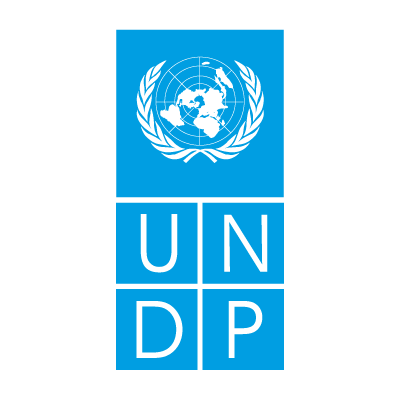
KNOWLEDGE
HUB
Case Study
Agroforestry in Maradi and Zinder Regions of Niger
Agroforestry practices supported regeneration of productive landscapes in the Maradi and Zinder regions of Niger, which were severely impacted by drought and crop failure from the 1960’s to the ‘80’s. Under an approach called “farmer-managed natural regeneration” (FMNR) native trees and shrubs are allowed to regrow from residual underground roots or through new planting alongside farmed crops. Agroforestry work in the Maradi and Zinder regions of Niger resulted in concrete positive impacts including: increased food security and crop resilience related to agroforestry and micro-dosing practices; increased household income (by 36% for project participants) and improved quality of life for women as time required to gather firewood was reduced;and increased carbon sequestration (an average 5 tones of carbon sequestered per hectare) as a result of forest restoration. Key actions and good practices supporting successful outcomes under the FMNG approach in Niger that are profiled in this case study are highlighted below.
- Project support, outreach and training by national and international agroforestry specialists resulted in the widespread use of FMNR practices in many local communities.
- Decentralization of natural resource management, along with forest code reforms and tenure policy reforms clarified and strengthened local rights to manage and protect on-farm trees. In addition, farmer land use and tree rights were expanded. Prior to these policy changes, trees and any harvests/products from the trees belonged to the state. With expanded land use rights, farmers were able to make farming decisions that aligned with their interests, and led to increased food variety and benefits to women and nomadic herders.
- Local engagement through village community groups enabled effective coordination and provided a framework for capacity building via peer-to-peer learning.
- Implementation of awareness programs led by farmers and non-governmental organizations (NGOs) enabled expanded knowledge of FMNR at the local level.
- International funding supported policy reform, training, and outreach and communication by NGOs.
Institutions Involved
Government of Niger, Non-governmental development organizations, International Fund for Agriculture Development, USAID, International Fund for Agriculture Development



